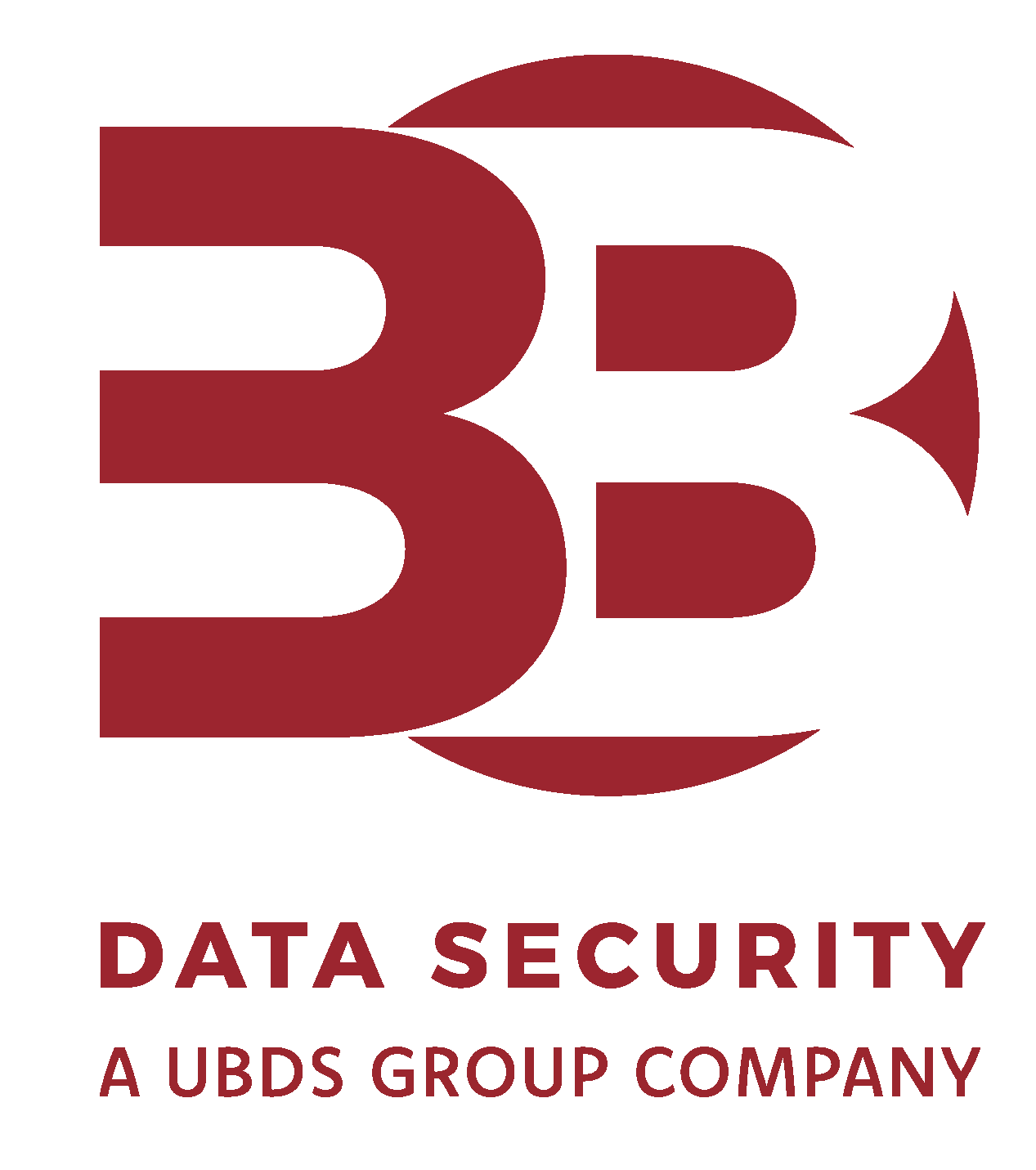As we approach the holiday season, it brings contrasting scenarios for businesses. For many, it’s their peak season, with an uptake of customer engagements and heightened sales. For others, it’s more of a winding down period, with projects wrapping up and a notable slowdown as the year ends.
In both cases, however, there’s a common risk of increased vulnerability to cyber threats. A surge in activity often opens doors for cybercriminals, and reduced staffing and potentially distracted employees can lead to a lowered guard against cyber attacks.
In this blog post, we take a look at the most common cyber risks to watch out for over the holiday season, ensuring that whether your business is at its peak activity or winding down, your cyber security defences remain robust and vigilant.
DDoS Attacks During Peak Business Hours
Distributed Denial of Service (DDoS) attacks are when multiple compromised systems overwhelm a target, like a server or website, with a flood of internet traffic, causing disruption or shutdown of services for legitimate users. DDoS attacks can cripple a business’s online presence, especially during high-traffic periods like the holidays, as well as disrupting operations and damaging customer relationships. Ensuring robust DDoS protection measures, such as traffic filtering, web application firewalls, anti-DDoS software, and a contingency plan are in place is crucial.
Compromised Third-party Vendors
Many businesses routinely collaborate with third-party suppliers, but during the holiday season, they often onboard new vendors to cope with increased demand and to execute special promotions or sales. Cybercriminals increasingly target these external partners, aware that they often have access to or connections with their primary targets’ networks. To mitigate these risks, it’s vital for businesses to not only conduct regular and thorough security assessments of their vendors’ systems, but also to ensure that these third-party entities adhere to stringent security standards. Additionally, implementing robust monitoring and incident response plans that include vendor systems can help detect and address any security breaches more quickly, minimising potential damage.
Insider Threats
During the holiday season, insider threats become more prevalent as key staff on leave may miss unusual behaviours, and remaining employees, often distracted, might not be as vigilant in detecting malicious activities. These threats typically involve employees who intentionally exploit their access to company resources for malicious purposes, such as data theft, financial fraud, or system sabotage. Identifying and mitigating these threats requires a combination of strict access controls and continuous monitoring of employee activities, alongside fostering a company culture that discourages malicious behaviour.
Employee Negligence
Employee negligence, often unintentional, poses a significant risk to an organisation, particularly during periods of high distraction like the holiday season. Common negligent behaviours include using weak passwords, falling for phishing emails, misconfiguring systems, or leaving devices unsecured, which can inadvertently lead to data breaches or system infiltrations. Combatting these risks involves regular and comprehensive cyber security training, clear communication of security policies, and implementing user-friendly security tools that minimise the chance of human error. Encouraging a culture of security mindfulness and making employees aware of the consequences of negligence are also crucial steps.
Targeted Phishing Attacks
The holiday season sees a spike in phishing attacks, with cybercriminals aiming to exploit the busy environment to breach company defences. These attacks may target specific departments with tailored messages, such as fake invoices or fraudulent corporate communications. Educating employees about recognising such threats and implementing advanced email filtering solutions are critical defences.
Ransomware Attacks on Essential Systems
Ransomware attacks typically surge by an average of 30% during the holiday season. These attacks involve cybercriminals encrypting critical business data and systems, rendering them inaccessible, and then demanding a ransom for their release. The timing is strategic, exploiting the period when businesses can least afford operational disruptions. To counter these threats, it’s vital for businesses to regularly back up their data. Additionally, deploying advanced ransomware protection tools that can detect and neutralise threats before they take hold is crucial.
Unsecured Remote Access by Employees
The holiday season often leads to an uptake in remote work and employee travel, resulting in an increased reliance on remote access to business networks. This shift introduces significant cyber security risks, primarily due to the potential use of unsecured networks and devices. Employees working from locations with unsecured Wi-Fi, or using personal devices that lack robust security measures, can expose the business network to cyber threats. To safeguard against these vulnerabilities, it’s essential to implement remote access policies that mandate the use of Virtual Private Networks (VPNs) and multi-factor authentication (MFA). Additionally, providing employees with guidelines on secure remote working practices, such as using strong passwords, updating software regularly, and avoiding the use of public Wi-Fi for sensitive transactions, is crucial.
What to Do if You Fall Victim to an Attack Over the Holiday Period
If your organisation experiences a cyber attack or breach this holiday season, don’t hesitate to reach out to us. Our Incident Response Service operates 24x7x365, ensuring we’re always ready to assist you when you need it most. We understand the criticality of swift and effective response to cyber incidents, especially during this busy period.

For Emergency Support Call +44 (0)1223 298 338 or Email IR@3BDataSecurity.com






